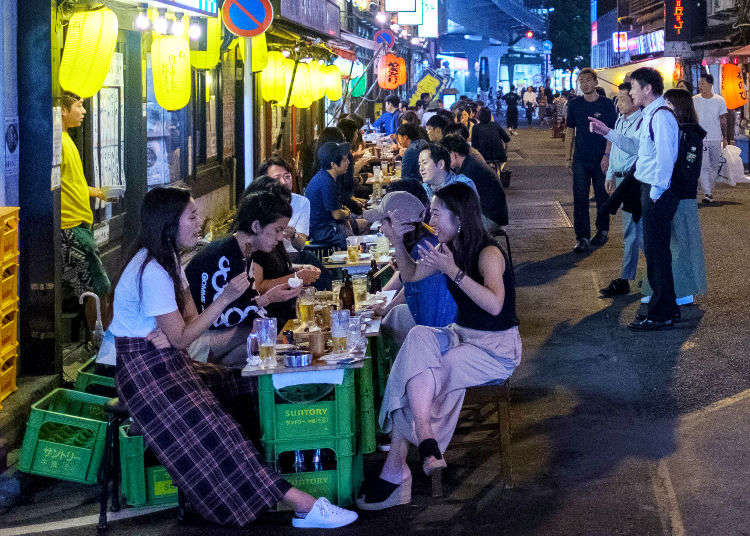
In big cities like Tokyo and even smaller towns in the countryside, somewhere right now is a gathering of Japanese people de-stressing over a few glasses of beer, wine, or cocktails. These gatherings are known as nomikai (飲み会; literally, “drinking party”). More often than not, these nomikai take advantage of a special menu option known as nomihodai (飲み放題), loosely translated “all-you-can-drink”. But what exactly is it and how does it work?
How Japanese Enjoy Gathering
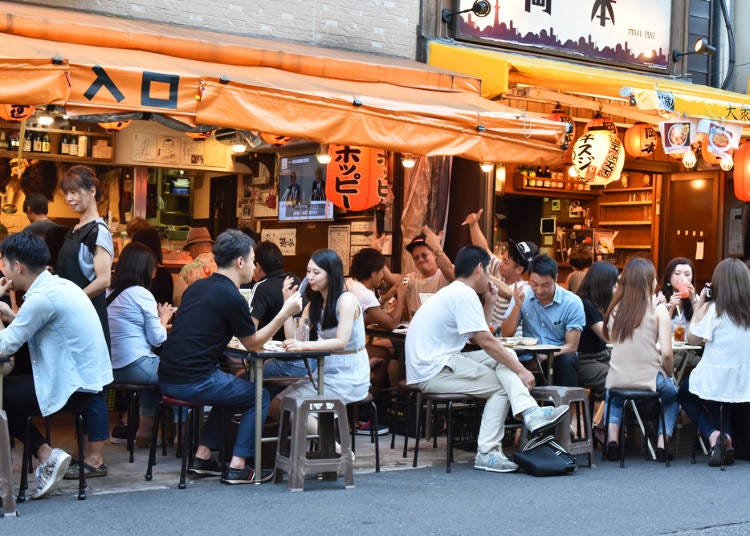
Imagine a gathering with all of your closest friends, or a social networking event with your teammates or coworkers and supervisors. Everyone is seated around table with drinks held up high and ready to shout “kanpai!” (乾杯/Cheers!). This nomikai scene takes place across countless bars and Japanese izakaya pubs nightly across Japan.
With eating and drinking out as common as they are in Japan, restaurants have adopted different food and drink specials, often bundling options together in what are known as “course menus.” At different price tiers, a set number and type of food items can be ordered – often at a good value. As a result, tabehodai (all-you-can-eat) and nomihodai menus are commonly ordered during such a social gatherings.
One of the key advantages of nomihodai is that you may enjoy a variety of beverages and alcoholic drinks for a fixed price, which makes splitting the bill quite easy when with friends. Though you have a time limit (often 90-120 minutes), it simply means the more you drink, the more you can save on your budget.
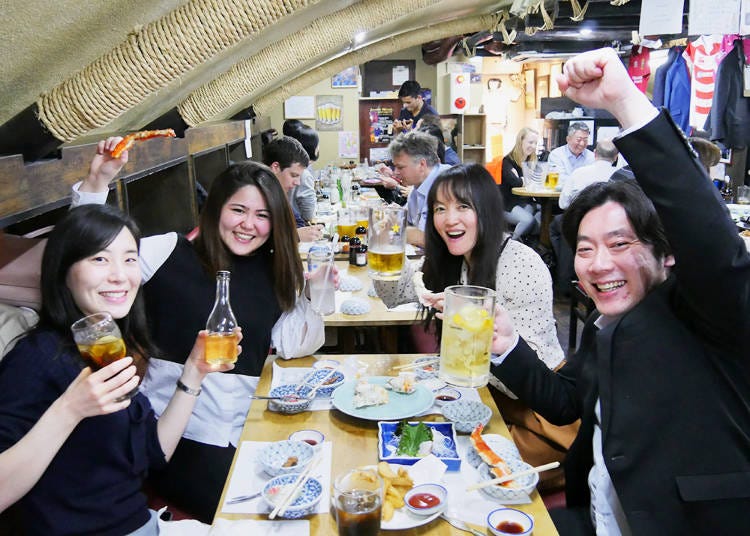
In addition to that, some izakaya—and larger izakaya chains in particular—have a course plan including dishes and nomihodai and thus often used for New Year’s parties (新年会/Shinnenkai), Christmas and end of the year parties (忘年会/Bounenkai) and farewell parties (送別会/Soubetsukai) in Japan.
Of course, you don’t need to wait until a particular time of the year to enjoy nomihodai. Just be aware that not all izakaya or restaurants offer a nomihodai option; you may hardly find a nomihodai menu at small, privately-run izakaya, while most chains offer it at a surprisingly reasonable price. So if you’ve visiting Japan and feel keen on having a relaxing drinking session, be sure to check whether a bar or izakaya that offers nomihodai in advance.
The Menu
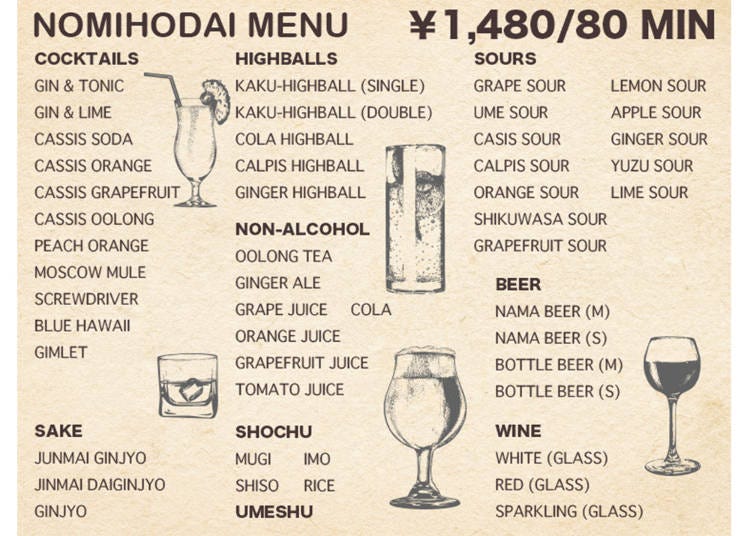
Often, Japanese people start with cold glasses of beer using the phrase, “toriaezu nama (とりあえず生),” which means, “Let’s begin with beer.” But nomihodai drink menus let you enjoy a variety of beverages and alcoholic drinks like wine, cocktails, fruit liqueurs, and more. Especially at chain izakayas, you may find extensive menus, sometimes with over 100 kinds of drinks available! No wonder it shall a great opportunity to be adventurous and try out new drinks.
Even if you do not drink alcohol, there are also soft drinks such as orange juice, cola, and green tea on the menu. Normally non-alcoholic drinks are cheaper than those with alcohol, so it may be more economical to choose nomihodai course if you think you’ll drink more than 5-6 glasses.
Things to check in advance
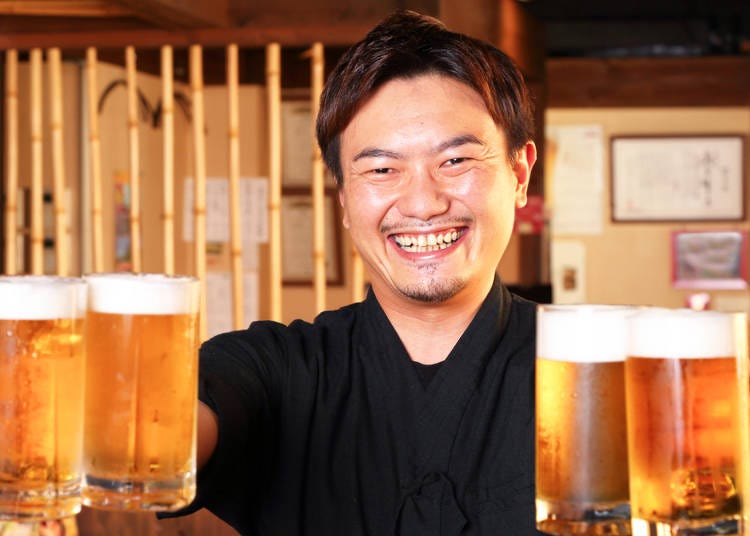
You can typically find a nomihodai option or course on a menu. However, keep in mind that not every bar or izakaya in Japan has this service. When in doubt, ask staff:
Nomihodai ni dekimasuka? (飲み放題にできますか?)/ Do you offer a nomihodai course?
Be sure to check with staff the fine details such as:
・Price (値段/nedan): This can range from 1,200 yen to 2,000 yen. Search carefully, and you can even find nomihodai offers for as low as 1,000 yen!
・Time limit (時間制限/jikan seigen): Nomihodai typically come with time limits of 1.5 hours, 2 hours, and 3 hours.
・Minimum number of people (最低人数/saitei nin zuu): Generally, nomihodai can only be ordered for 2 and more people.
・Food/snack order requirements per person (1人X品/hitori — hin): It is customary that 2-3 side dishes are ordered per person. Otherwise, the nomihodai option often can be chosen only when you order a food course.
・Note that at some establishments, lower grade sake and liquor may sometimes be upgraded (known as “rank up”) for a nominal fee of 500 - 1,000 yen.
Nomihodai Rules & Etiquette
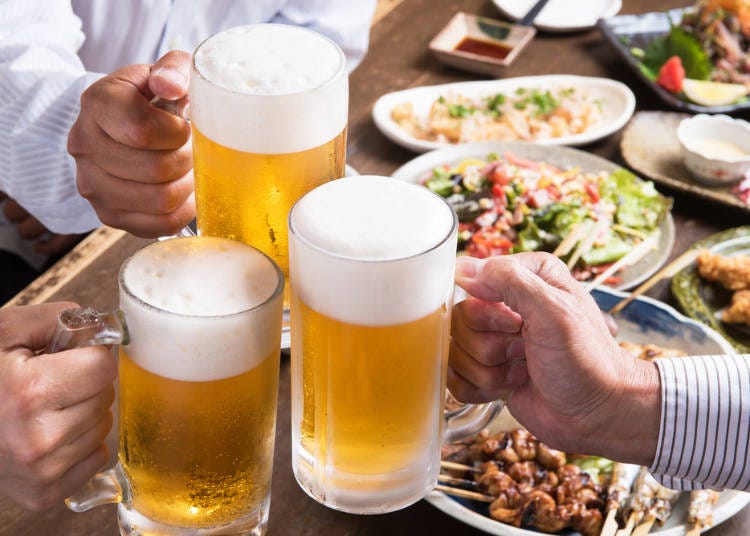
Follow this list of rules and etiquette for a smooth night out with your friends and coworkers:
・Always order from the nomihodai menu; otherwise drinks will cost extra.
・Nomihodai policy is one drink per customer. Be sure to finish your drink before ordering another.
・A last call for drinks will happen around 30 minutes before your designated time is up.
・Reservations are highly recommended if you are planning a nomihodai event during peak times such as late December through early January (where there are year-end/New Year parties) and at the end of March to early April (the end and start of the Japanese school and work calendar.
Ready to Go?
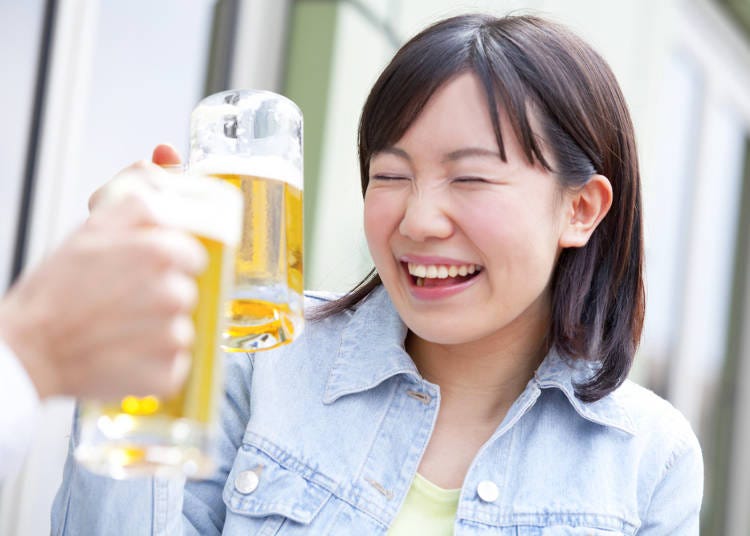
As tempting as it may be, nomihodai is not just about drinking as many beverages as possible in order to get your money’s worth. Instead, it’s a chance to bond with coworkers, teammates, and superiors.
The fun doesn’t stop at the end of a nomikai. Afterwards, interested parties go to karaoke or another bar or izakaya, in what known as ni ji kai (二次会/after party). San ji kai (三次会/the after-after party) are not unheard of, either!
Now that you know how to enjoy nomihodai in Japan, it’s time to gather a group of friends and experience it for yourself! Kanpai!
*Prices and options mentioned are subject to change.
*Unless stated otherwise, all prices include tax.
Popular Tours & Activitiess
Recommended places for you
-

Kambei Sannomiyahonten
Yakiniku
Kobe, Sannomiya, Kitano
-
Appealing

Rukku and Uohei
Izakaya
Sapporo / Chitose
-
Goods

Yoshida Gennojo-Roho Kyoto Buddhist Altars
Gift Shops
Nijo Castle, Kyoto Imperial Palace
-

ISHIDAYA Hanare
Yakiniku
Kobe, Sannomiya, Kitano
-

Jukuseiniku-to Namamottsuarera Nikubaru Italian Nikutaria Sannomiya
Izakaya
Kobe, Sannomiya, Kitano
-

Kanzenkoshitsuyakinikutabehodai Gyugyu Paradise Sannomiya
Yakiniku
Kobe, Sannomiya, Kitano
-

2025 Autumn Colors Report: Kurobe Gorge Nearing Peak
by: Timothy Sullivan
-

Get Ready to Catch 'Em All! First Ever Permanent Outdoor Pokémon Park Opening Near Tokyo!
-

A Travel Game Changer! Go Hands-Free Between Tokyo and Kyoto with LUGGAGE EXPRESS by JTB and JR Tokai
by: Guest Contributor
-

Black Friday 2025: These Are THE Japan Travel & Shopping Deals to Check Out
-
Ad
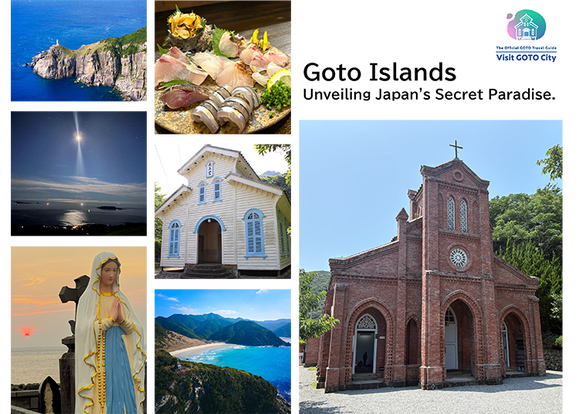
Walk in the Footsteps of Believers: A 4-Day Pilgrimage Across Goto Islands, Nagasaki Prefecture
by: Yohei Kato
-

See Asakusa and Tokyo Skytree® in a New Light at the "Také Akari" Festival (Winter 2025-2026)
by: Guest Contributor
-

Kyoto in Autumn: Weather & Clothing Tips for September, October, and November
by: WESTPLAN
-

Best Outlet Malls Near Sendai: Shopping, Souvenirs, and Discounts
-
Ad

What's 'ZERO ROPPONGI' – And How Is It Making Sightseeing Safer In Roppongi?
-

Atami 1-Day Itinerary: Exploring Japan's Castle & Hot Springs Resort Town Near Tokyo!
-

Ekiben Excellence: Japan's Most Fascinating Train Station Bentos!
-

Visiting Hokkaido in Summer: What to Pack for Hokkaido in July and August
- #best sushi japan
- #what to do in odaiba
- #what to bring to japan
- #new years in tokyo
- #best ramen japan
- #what to buy in ameyoko
- #japanese nail trends
- #things to do japan
- #onsen tattoo friendly tokyo
- #daiso
- #best coffee japan
- #best japanese soft drinks
- #best yakiniku japan
- #japanese fashion culture
- #japanese convenience store snacks












